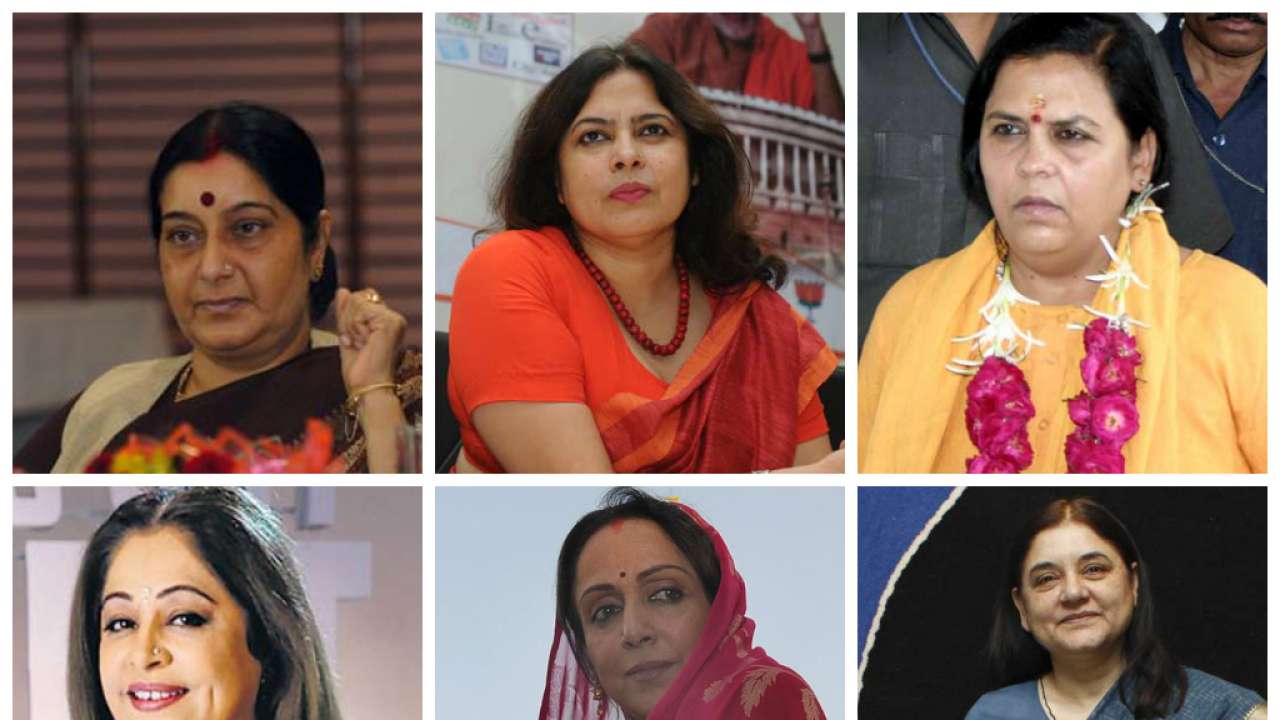
The 2014 Lok Sabha elections saw many highs for women.
Does this mean that finally the Women’s Reservation Bill and others Bills pertaining to women’s representation, security and development will be passed?
The 16th Lok Sabha will have the highest number of women MPs since the first election in 1952, 61. It had the maximum number of women candidates, 668 and the highest women voter turnout in numbers.
The women MPs are 11.3 per cent of the total members of parliament, nowhere near the 33 per cent mark that the Women’s Reservation Bill seeks to implement. The Bill seeks to reserve one-third of all seats for women in the Lok Sabha and the state legislative assemblies.
“It is the will of the men in the parliament and not that of the women which is required to pass these Bills. Though I am proud of the fact that women were a significant part of this election, the same thing should be reflected in the parliament,” Rajya Sabha MP and BJP leader Najma Heptulla said.
Some of the other Bills pending in the parliament which pertain to women include, The Constitution (110th Amendment) Bill for reserving half the seats in panchayats for women and The Constitution (112th Amendment) Bill reserving one-third of elected seats in municipalities for women.
“Since the National Democratic Alliance (NDA) has a majority in the Lok Sabha now, the Bills should be passed. These Bills were brought into the Rajya Sabha by the Congress and so I don’t see them opposing its passage,” Heptulla said. “If there is a problem in the proceedings I am ready to ask the BJP to call for a joint-sitting of both the houses and get the bills passed,” she added.
Currently the NDA with 398 members in Parliament crosses the halfway mark of 394, with the combined strength of both houses being 788. The BJP has 42 members in the Rajya Sabha while the Congress has 68.
Though a joint session was called in 2008 for the Women’s Reservation Bill, it could not be passed.
According to Heptulla, Mulayam Singh-led SP and Mayawati-led BSP are the only two parties who are against certain sections of the Bills and may not let them pass.
Apart from Congress President Sonia Gandhi, leader of opposition in the outgoing Lok Sabha Sushma Swaraj, Hema Malini and Maneka Gandhi, other prominent women elected to the 16th Lok Sabha include Kirron Kher, Poonam Mahajan, Uma Bharti, Dimple Yadav, Moon Moon Sen and Meenakshi Lekhi.
Congress had the largest number of female candidates, 57, while BJP fielded only 37. While 28 of the 37 BJP women candidates won only four won from the Congress.
West Bengal has the largest tally of women winners at 14 who will be entering the new parliament.
According to data released by the Election Commission, out of a total of 8,251 candidates, 668 were women, which is the highest ever. In the 2009 Lok Sabha elections, 556 women had contested.
General Election 2014 saw the total voter turnout of 66.48%. Out of this the male voter’s turnout was 67.17% and female voter’s turnout was 65.71%. According to the EC, female voter turnout (in percentage) was higher than male turnout in 16 states and UTs.
59 women were elected to the 15th Lok Sabha in the 2009 election. The number of women members in 2004 was 45, and in 1999 it was 49. The least number of women in the Lok Sabha was 19 in 1977.